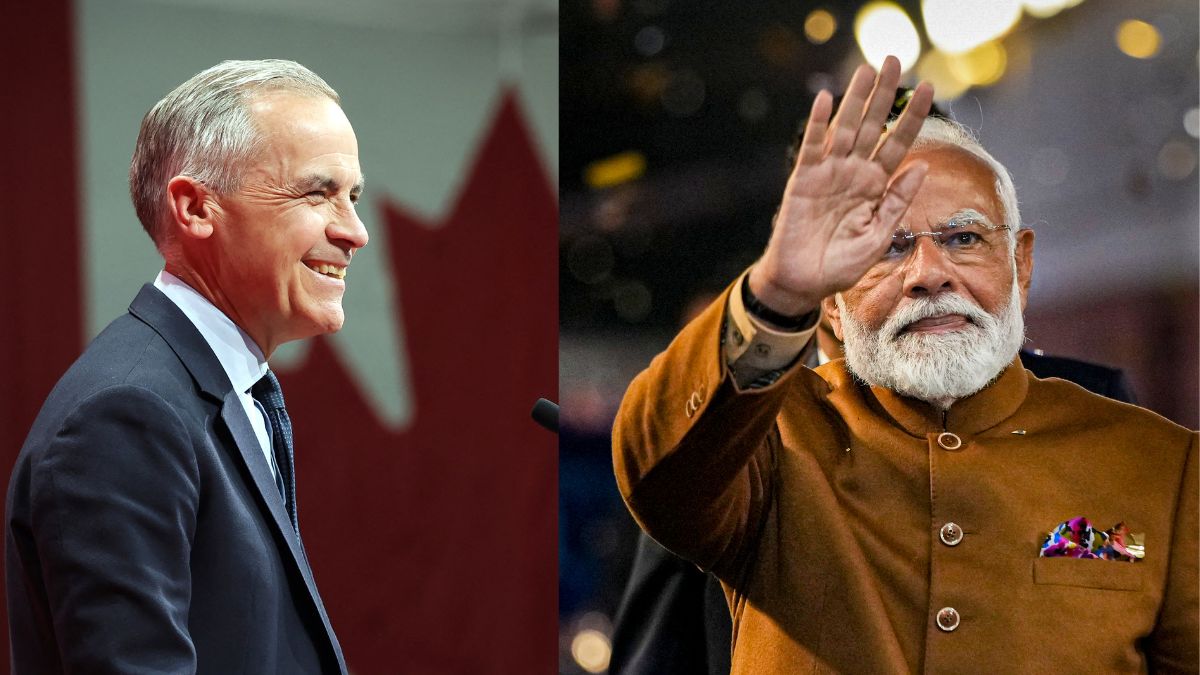Indian Prime Minister Narendra Modi is unlikely to attend the Group of Seven (G7) summit being hosted by Canada later this month, marking the first time in six years he will miss the high-profile gathering of world leaders.
PM Modi has not received an official invitation for the June 15–17 summit in Alberta, and Indian officials say he was unlikely to travel to Canada even if one were issued. Strained bilateral relations, lingering tensions over pro-Khalistan separatist activities, and potential security concerns are among the key reasons, Times of India reported.
A Canadian G7 spokesperson declined to confirm whether PM Modi would be invited. Indian officials say any last-minute invitation is unlikely to be accepted due to logistical challenges and concerns over possible disruptions by Sikh separatist groups.
Relations between the two countries soured sharply last year after then-Prime Minister Justin Trudeau publicly accused the Indian government of involvement in the killing of Sikh separatist Hardeep Singh Nijjar in Canada. India denied the allegation and criticised the lack of evidence. The fallout led to a diplomatic standoff, with both nations expelling senior diplomats.
Trudeau’s successor, Prime Minister Mark Carney, has not directly addressed the Nijjar case but has expressed interest in rebuilding ties with India through expanded trade. India, in turn, has expressed hope that Carney will take a more measured approach than his predecessor and has reiterated its willingness to engage based on mutual trust.
Impact Shorts
More ShortsIndia has urged Ottawa to ensure the safety of Indian diplomats and take stronger action against extremist and secessionist elements operating on Canadian soil.
Although Canada has not publicly announced its guest list for the summit, local media reports indicate invitations have been extended to leaders from Australia, Ukraine, South Africa, and Brazil.
Modi has attended every G7 summit since 2019, when France invited him as a guest. His participation in the forum of leading industrial democracies has been seen as a sign of India’s growing influence in shaping global policy and addressing cross-border challenges.


)

)
)
)
)
)
)
)
)



